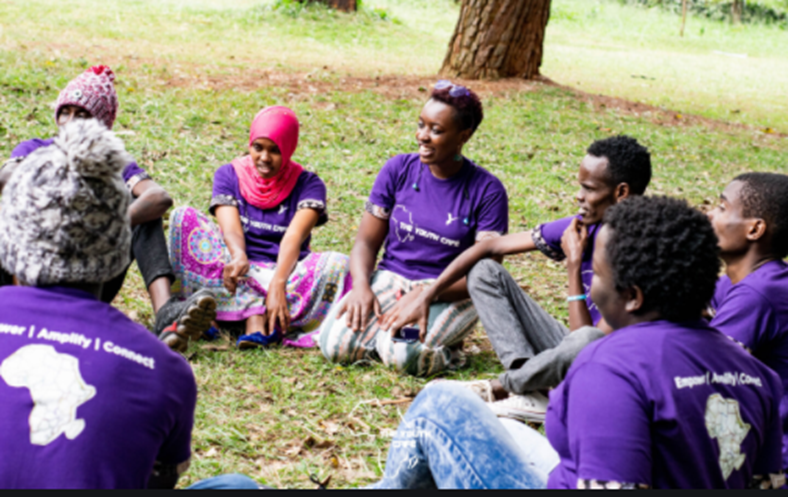Aim of the Focus Group Discussion
Focus Group Discussions collect in-depth qualitative data to get insightful perspectives on a specific topic. This was the intent of the three Focus Group Discussions that we organized to understand digital media literacy in Kenya. As part of our Youth Excel project activity, we are looking to advance youth digital media literacy and civic reasoning in Kenya. We plan to do this through a dedicated digital media literacy handbook which will teach young people how to navigate the online space for more significant socio-political benefits. The Focus Group Discussions brought together Kenyans from different areas of the country to discuss and share perspectives on different literacy topics.
Different media stakeholders in Kenya have called for a shift in journalism if the industry is to live on and thrive in the longer term. The Media Council of Kenya (MCK), eastern African Editors Society, and UNESCO insist that the way forward for the media at a time when many governments are struggling to regulate media freedom and while most audiences are migrating to online platforms is literacy. With the shift in technology, young people should be able to embody this new subculture of digital transformation while still considering the ethical and moral principles that should apply. If we cannot be able to coexist peacefully in the digital space, then media sustainability is in danger. Media freedom is surely the heart of a helpful democracy when used to embrace the unique perceptions and stances of different people.
Compared to digital media, which is freely used, Kenyan media continues receiving a very good deal of exterior effect over both state and privately-owned media, which censor themselves to a significant degree, avoiding subjects that might cause annoyance. Although there are constraints to mainstream media, many stations provide concrete and verified news. Digital media may easily propagate false, unverified, or private information leading to false perceptions and beliefs. With a shift of audiences to online systems, there is a need to reposition and undertake new options to protect private data. A number of researchers have proposed inoculation efforts for internet users: Just as an inoculation to a virus is achieved through exposing an immune system to a weakened version of the virus, this proposed method shows users a weakened version of misinformation and explains how to resist that misinformation. In studies, this technique has been proven effective in countering climate change misinformation and political slander.
Implementing robust programs in media literacy, as a topic that emerged in the discussion for both adults and children is again necessary to combat the spread of misinformation effectively. Media literacy is a tool to prepare future generations to combat the rising tide of information warfare. A thorough fact-checking process that delineates disinformation, misinformation and teaches to differentiate between clickbait, satire, pseudoscience, conspiracy theories, and other content on the internet is necessary. As it stands, media literacy classes often only scratch the surface of online information by focusing on written sources, as students typically use written sources to complete projects. Instead, curricula should explore the audiovisual as well, which is often where misinformation, disinformation, and extremist content circulate.
With discussions on cyber-security and fact-checking, it is clear that media literacy in line with the socio-political reasoning of young people is needed. The insights shared by the participants will help us formulate a friendly, practical, and effective handbook that could be used vastly.
This article is made possible by the generous support of the American people through the United States Agency for International Development (USAID). The contents are the responsibility of The Youth Café, and do not necessarily reflect the views of USAID or the United States Government.
For further information, clarification, contributions, and questions kindly send us an email.



